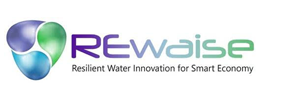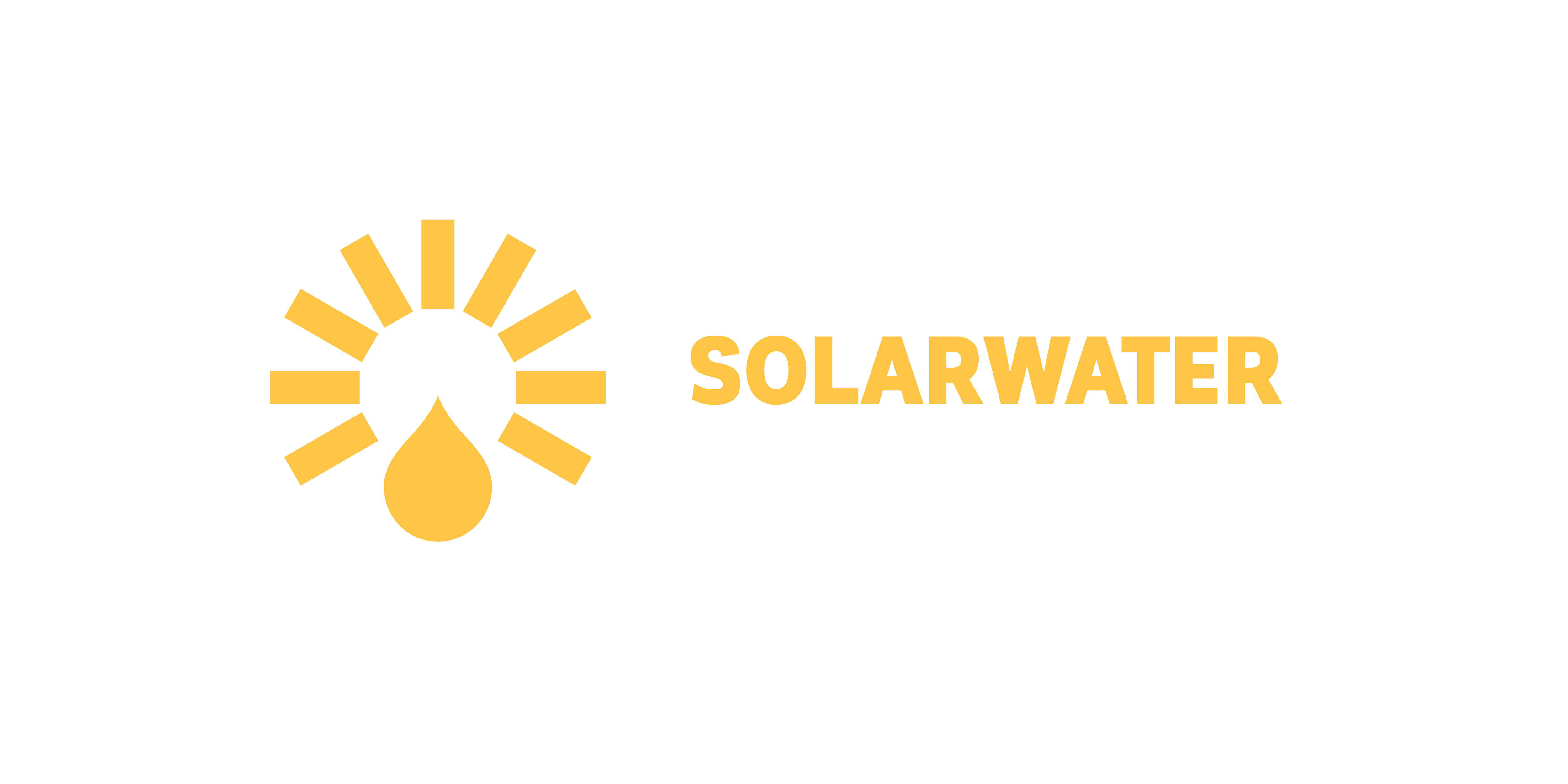This project has received funding from the European Comission under grant agreement No. 869496 — REWAISE – SOLWA


REWAISE – a smart water ecosystem for a sustainable and efficient water cycle in Europe
30/06/22
Report: Version 2 Design of a large-scale thermal desalination demonstrator. The proposed prototype is a 20 m solar dome to be constructed in Tenerife Island. Thermal energy is provided by a low-enthalpy geothermal field, in the case of the demonstrator this being 4.6 MWth.
The projected daily production of fresh water is 489 m3 with a capacity factor of 98% and an annual freshwater production of 174,780 m3/year.
The concentration factor of up to 1.25 (raise in concentration from 35,000 to 60,000 mg/L) in the dome and up to 90% reduction in the carbon production as compared to the carbon being produced during the reverse osmosis process.

This project has received funding from the European Comission under grant agreement No. 869496 — REWAISE – SOLWA

REWAISE – a smart water ecosystem for a sustainable and efficient water cycle in Europe
09/03/22
Report: Design of a large-scale thermal desalination demonstrator. The proposed prototype is a 20 m solar dome to be constructed in Tenerife, Canary Islands. The thermal energy required is of the magnitude of 4.6 MWth being provided by a concentrated solar power field of parabolic trough collectors and integrated with a multi-effect distillation (MED) system. The system operates at low temperature to avoid risks of scaling and fouling and to reduce energy consumption. The projected daily production of fresh water is 216 m3. The concentration factor of up to 1.25 (raise in concentration from 35,000 to 60,000 mg/L) in the dome and up to 90% reduction in the carbon production as compared to the carbon being produced during the reverse osmosis process.

This project has received funding from the European Comission under grant agreement No. 869496 — REWAISE – SOLWA

REWAISE – a smart water ecosystem for a sustainable and efficient water cycle in Europe
09/09/20
Solar Water Plc is a consortium member in Rewaise. A network of 9 living labs, grouped in 3 hubs (Mediterranean, Atlantic and Continental) demonstrates in a real life, large scale operational environment the technological innovations, business models and new governance methods that contribute to a secure water supply for the European society. New market niches are created, by mobilizing water related investments and linking users with specific water needs, incorporating sustainability assessments (life cycle, cost and risk analysis) and economic models to optimize resources allocation and value creation.
This network integrates climatic factors such as precipitation and temperature, multiple water sources (seawater, groundwater, rainwater, surface water from rivers and reservoirs, as well as municipal and industrial wastewater (WW)) and a variety of uses (rural, agricultural, urban and industrial) with several innovative systems to achieve a reliable and safe water cycle, and to recover all high-value products embedded in the different streams.
Moreover, circular economy will be stimulated by using local resources to solve local issues, enhancing social awareness of the stakeholders through targeted focus groups, strengthened by local perspectives.

This project has received funding from the European Union’s Horizon 2020 research and innovation programme under grant agreement No. 855159 — SWCSP – Solar Water.
H2020 SME Phase1
PROJECT CONCLUDED
03/06/19
The objectives of the feasibility study were 100% achieved and the Final Report was submitted today.
Creating sustainable fresh water from desalinating seawater using Concentrating Solar Power (CSP) — SWCSP – Solar Water.
01/02/19
As only 3% of the world is freshwater and a growing population, (expected to hit 9.7 billion in 2050) it means that there is a growing problem with shortage of fresh water according to UN Department of Economic and Social Affairs 2015. The problem has been addressed so far by converting seawater into freshwater through desalination by using fossil fuels. It has been necessary to do this as the population of the earth shares the same 35 million km3 out of the 1.4 billion km3 water there is. Yet, this raises a new problem as the fossil fuel emits pollutants and speeds up climate change which in turn makes the water shortage problem even worse as it results in higher temperatures and droughts.
Solar Water Plc has found another solution. In a laboratory it has been researched and tested that it is possible to use solar power to produce fresh water, suitable for drinking. The laboratory model can now be turned into a real world prototype; Field demonstrator Model. This project aims at collecting real world data and creating designs for a fully functioning sea water desalination dome, powered 100% by solar energy to create sustainable fresh water for industrial, municipal, agricultural and domestic use. By using concentrating solar power, the technology avoids fossil fuels, is low cost, carbon neutral and low on emission of pollutants.
When entering the market it will have a long list of positive effects on the climate and help people in Europe and the world by facilitating access to clean water, be environmentally friendly, low cost and creating new jobs across sectors. The dome can be adapted to the customers’ needs, economy and local conditions and is powered 100% by solar, replacing fossil fuels, also in existing plants. By being low cost due to solar energy, it allows poorer communities to access the technology and hire local workers to build and maintain the plants thus creating jobs.
SOLAR WATERTM?
